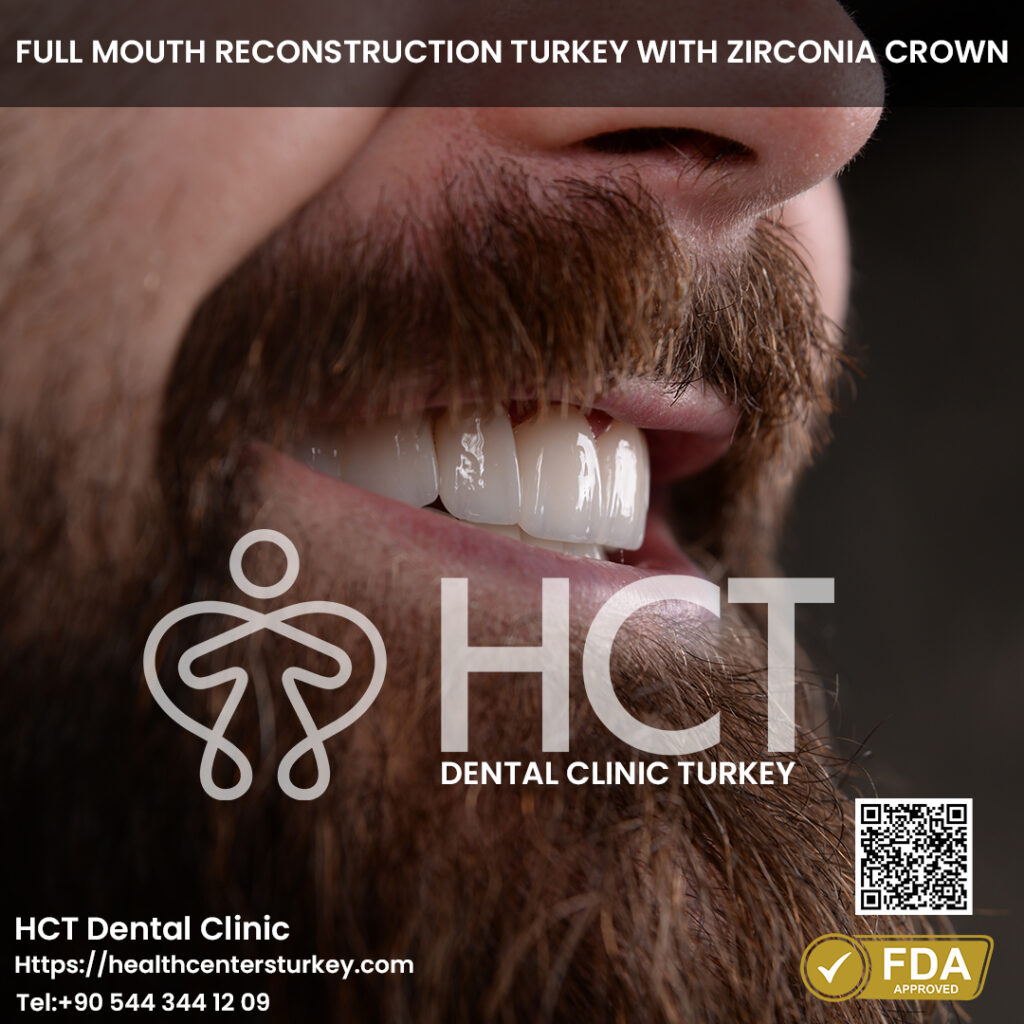Remarkable Dental Care Experiences for Travelers
Remarkable Dental Care Experiences for Travelers
Blog Article
Efficient Treatment Options for On-the-Go Patients

Dental implants have become a focal point in fashionable dentistry, offering a dependable solution for these going through tooth loss. Among the a number of advantages they offer, one vital aspect worth contemplating is their impact on adjacent teeth. Understanding how dental implants affect surrounding teeth aids in making informed selections about oral health.
When a tooth is misplaced, neighboring teeth can easily shift towards the house left behind. This movement can result in misalignment, which compromises the overall bite and performance of the mouth. Dental implants mimic natural tooth roots, thereby maintaining the position of adjacent teeth.
Tailored Oral Health Strategies for Your Unique Needs
The stability offered by an implant is essential, because it helps in preserving not just the bodily alignment but additionally the structural integrity of the jawbone. When a tooth is missing, the underlying bone can start to deteriorate as a outcome of lack of stimulation. An implant exerts pressure on the bone during chewing, just like a natural tooth, which promotes bone health.
In some circumstances, a bridge or partial denture could also be considered as an alternative to implants. While these options might restore some performance, they'll place additional stress on neighboring teeth. Bridges often require submitting down the encircling teeth to accommodate the anchors, thereby affecting their health over time. Dental implants, on the other hand, do not alter present teeth, making them a extra conservative alternative.
Reasonably Priced Veneers at Renowned Practices in Turkey
Hygiene turns into one other critical factor when contemplating adjacent teeth in the context of implants. With dental implants, the person can preserve an everyday hygiene routine similar to natural teeth. Flossing and brushing around the implant are simple, making certain that the gum tissue stays wholesome and minimizing the chance of gum disease that could adversely affect adjacent teeth.
Moreover, the materials used in dental implants are biocompatible. This means they are designed to integrate properly with the body, reducing the probabilities of an antagonistic reaction. This attribute not only makes the implant protected but in addition protects nearby teeth from potential issues that would arise as a end result of contamination or infection.
In terms of aesthetics, dental implants supply a natural appear and feel, intently resembling unique teeth. Adjacent teeth benefit from this aesthetic appeal as well. When an implant is placed, the surrounding gum tissue could be formed to mimic natural contours, thereby enhancing the overall appearance of the smile. This aesthetic factor can encourage people to spend money on their oral care routines, benefiting each the implants and adjacent teeth in the long term.
Aesthetic Dental Treatments Available in Charming Turkey
Another concern is the potential for gum disease, which might affect the health of adjacent teeth. Gum disease can happen when plaque builds up around teeth and implants. Regular dental visits and applicable oral hygiene can mitigate this concern. The presence of implants can even function a motivator for higher dental hygiene practices, as individuals turn out to be more conscious of sustaining their total mouth health.
Studies have proven that dental implants can contribute to a big improvement in quality of life. Patients often experience increased confidence and are much less hesitant to smile or interact in social interactions. A healthy and well-maintained smile indirectly promotes better take care of adjacent teeth, as people are most likely to become extra conscious of their general oral hygiene.
One often-overlooked aspect is the psychological impression of dental implants on sufferers. Knowing that implants offer long-term options can ease the anxiousness associated with tooth loss. With fewer worries about future tooth shifts, sufferers usually have a tendency to make investments time and effort into caring for his or her teeth, which incorporates adjacent teeth.
In conclusion, dental implants serve as greater than just a solution for missing teeth; they play a pivotal function in maintaining the health and integrity of adjacent teeth. From preventing misalignment to promoting gum health and enhancing aesthetics, the benefits are manifold. By choosing implants, people cannot solely restore functionality but also foster a more healthy oral environment for surrounding teeth. The psychological and check it out aesthetic benefits further contribute to an total enhanced quality of life.
Value-Driven Cosmetic Dental Veneers designed for Patients
In the long run, understanding how dental implants affect adjacent teeth can guide individuals in making empowered decisions regarding their dental health. The integration of those implants into the mouth acts as a stabilizing force, safeguarding each the bodily alignment and functionality of neighboring teeth, whereas promoting a long-lasting, wholesome smile.
- Dental implants sometimes don't exert pressure on adjacent teeth, sustaining their integrity and lowering the danger of shifting or misalignment.
- The placement of an implant usually encourages better oral hygiene habits, positively influencing the health of adjacent teeth via improved cleansing practices.
Skilled Dentists Providing Professional Care in Turkey
- In some cases, dental implants can stimulate the encircling bone, which helps preserve the natural teeth's position and total dental structure.

- The hole left by missing teeth can result in bone loss; dental implants can prevent this, thereby protecting adjacent teeth from potential issues.
- Explore Budget-friendly Dental Treatments in Turkey
Expert Dentists Offering Exceptional Care in Antalya, Turkey
- By restoring the function of a missing tooth, implants assist distribute chew forces evenly, reducing put on and stress on neighboring teeth.

- Properly placed dental implants can act as a support structure, preventing unwanted motion of adjacent teeth ensuing from tooth loss.
- The presence of an implant could improve the aesthetic appearance of surrounding teeth by filling in gaps and supporting facial structure.
Expert Dentists Offering High-Quality Care in Antalya, Turkey
- Dental implants eliminate the necessity for adjacent teeth alteration, in distinction to bridges, which require reshaping the close by teeth for assist.
- Implants additionally cut back the chance of gum disease compared to different tooth replacement options, indirectly benefiting adjacent teeth by promoting total oral health.
Transform Your Smile with Veneers in Turkey.
- Long-term success of dental implants is linked to the health of surrounding teeth, emphasizing the significance of normal dental check-ups and maintenance.
How do dental implants affect adjacent teeth?
Uncover Comprehensive Oral Treatments throughout Turkey
What are dental implants and how do they work with adjacent teeth?undefinedDental implants are artificial tooth roots positioned into the jawbone to assist replacement teeth. They don’t affect adjacent teeth immediately, as they are independent constructions. Instead, they can help preserve the integrity of surrounding teeth by stopping bone loss.
Can dental implants cause damage to adjacent teeth?undefinedIf positioned accurately, dental implants shouldn't harm adjacent teeth. However, improper placement can result in points like misalignment or strain, emphasizing the importance of selecting an skilled dental professional.
Will dental implants promote bone growth round adjacent teeth?undefinedYes, dental implants help stimulate the jawbone, which can encourage bone growth. This can profit adjacent teeth by sustaining bone density and stability in the space.
Transform A Teeth Appearance through Innovative Dental Solutions
Should I fear about gum disease affecting adjacent teeth after getting an implant?undefinedGood oral hygiene is essential after getting an implant. Gum disease can nonetheless affect adjacent teeth, but a correctly maintained implant doesn't go to the website improve that risk. Regular dental visits can help monitor and preserve gum health.
What happens to adjacent teeth if I lose a dental implant?undefinedIf a dental implant fails or is lost, adjacent teeth could shift because of modifications in bite alignment and assist structure. This might result in misalignment or further tooth loss if not addressed.
Are there any special care necessities for adjacent teeth after getting implants?undefinedMaintaining good oral hygiene practices, together with regular brushing, flossing, and dental check-ups, is crucial for both dental implants and adjacent teeth to forestall decay and gum disease.
High-Standard Oral Care Options for Tourists in Turkey
Do dental implants assist support adjacent teeth when chewing?undefinedAbsolutely. Implants can enhance general chunk perform, which can alleviate stress on adjacent teeth throughout chewing. This can lead to higher distribution of forces, promoting oral health.
How can I prevent issues with adjacent teeth and implants?undefinedConsistent dental care, including skilled cleanings and examinations, regular brushing and flossing, and following your dentist’s aftercare directions, are key to preventing problems.
Can adjacent teeth move if I really have a dental implant?undefinedAdjacent teeth may transfer if they aren't well-supported, especially after tooth loss. A dental implant helps keep the structure, reducing the danger of shifting teeth. Report this page